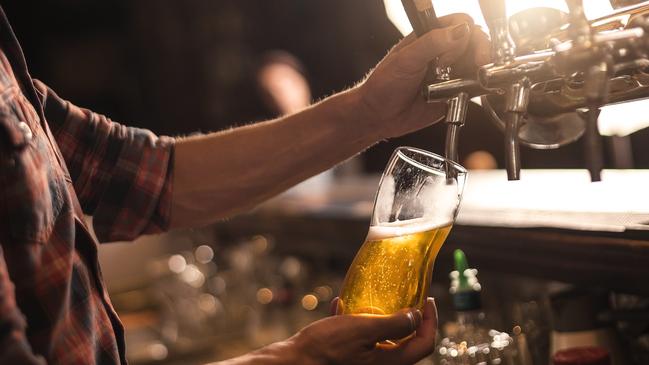
Locals are saying loud and clear, this is not us. Stop the rot in our beloved community spaces, those bastions of Aussie mateship and medals, banter and beer. The RSL has been captured by the gaming industry and the people want their clubs back. Because this feels like an affront to our national pysche, a trampling on the respect and goodwill these hallowed spaces have long held in our hearts. The game-ification of our clubs has been a protracted lesson in how to trash your brand.
But now institutions such as Coledale RSL on the NSW south coast are blazing a fresh way forward. Hardly anyone, anymore, was going into the club’s pokie world catering to the silent, siloed in their lonely misery. Every wall was covered with Keno, the GGs and the dishlickers. Six screens were above the bar. The paint was peeling. That was this club’s dispiriting business model. The community was repulsed and late last year the RSL’s doors were permanently locked. The locals had just lost their only watering hole, a gathering place that had served its people for generations.
But then. Intense negotiations, and a small group of zealous volunteers ended up with the keys. “It was hundreds and hundreds of hours,” local Donna Brown said of the club’s revamp. “Painting, cleaning, restocking, organising, co-ordinating rosters, an enormous amount of paperwork.” Now there’s a children’s area, meat raffles, live music and a rotating roster of local art on the walls. The place went off, Brown said, because it’s now serving its suburb. “We’re not a gambling destination. We’re not a food venue. We’re a club for locals. We’re a community.” It’s a great Aussie love story. Of mateship. Resilience. Vision. Grit.
Then there’s the Petersham Bowling Club in Sydney, which in 2007 blazed the way for club reinvention when it ditched its deadening pokies. A stage for local bands now sits where the pokies once stood, and the anarchic community insurrection is still going strong. The place is heaving on a Saturday afternoon with a joyous communal atmosphere. Every fortnight there’s a bouncy castle for the kids, and in a warren of old rooms – still with their honour boards and badge cabinets – activities are jammed in: life drawing, trivia, poetry readings, guitar masterclasses, comedy nights. It’s a buzzy hipster paradise that still carves out space for the old-timers. The PBC was saved from the clutches of developers by locals, who proved that a club can actually turn a buck without the giant squid of the gambling industry sucking the lifeblood from it. “It’s about showing there’s an alternate model out there,” club president George Catsi explained.
The exhilarating re-energising of clubs is part of a national trend. A revival of dusty, pokie-infected gathering places, for the good of the people. Local communities want these spaces back. For the first time in a long time, RSL memberships are slightly rising, and the average age of members is tracking downward.
Somewhere along the way, the RSL lost its nerve over its clubs, and bowed to the god of Mammon. But the people weren’t ready to let such beloved institutions go, and now they’re fighting back against an ugly business model. They’re demanding something else from their cherished watering holes – something older, warmer, matier. And in tiny pockets of Australia, like Coledale, it’s working beautifully.


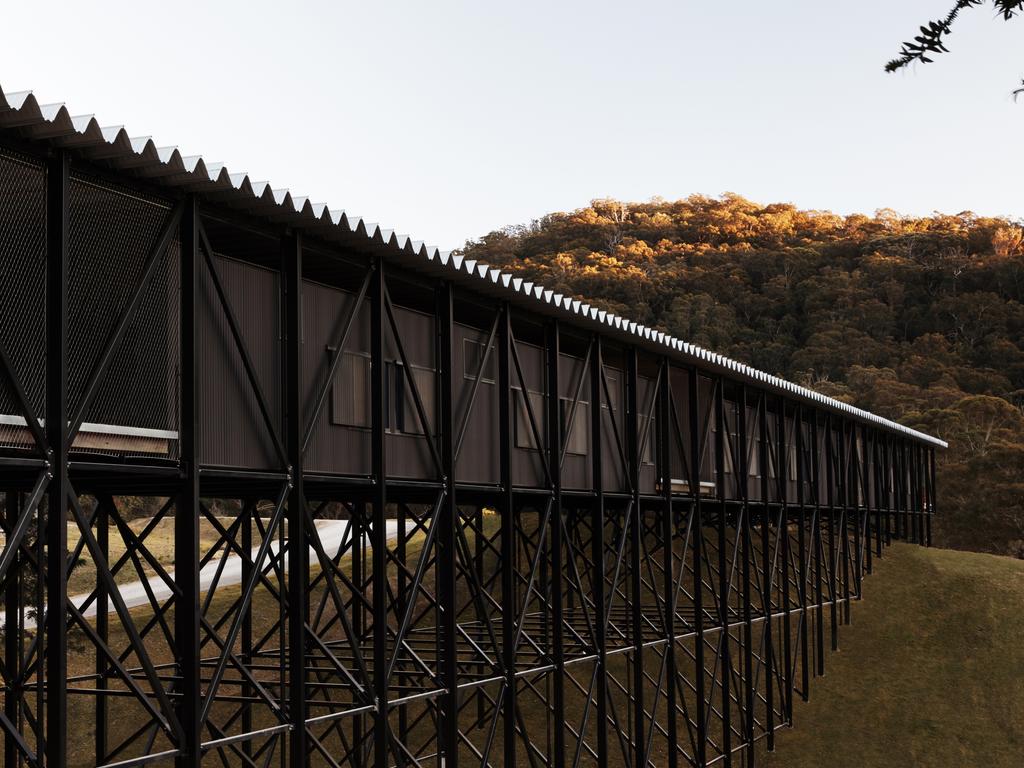
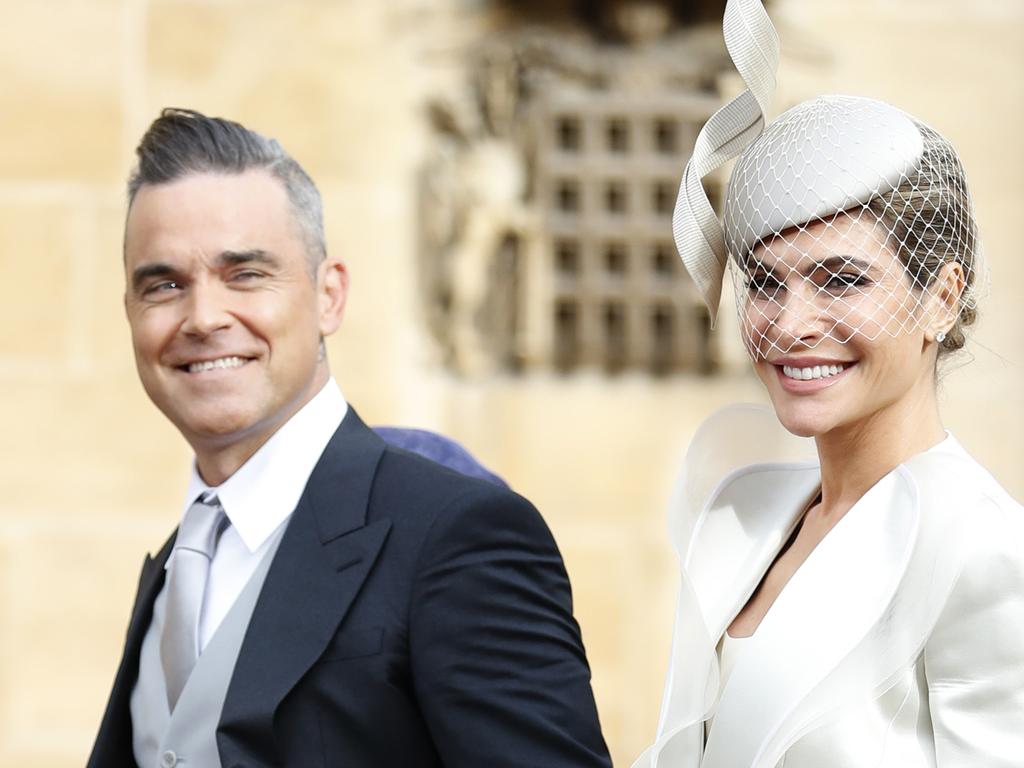


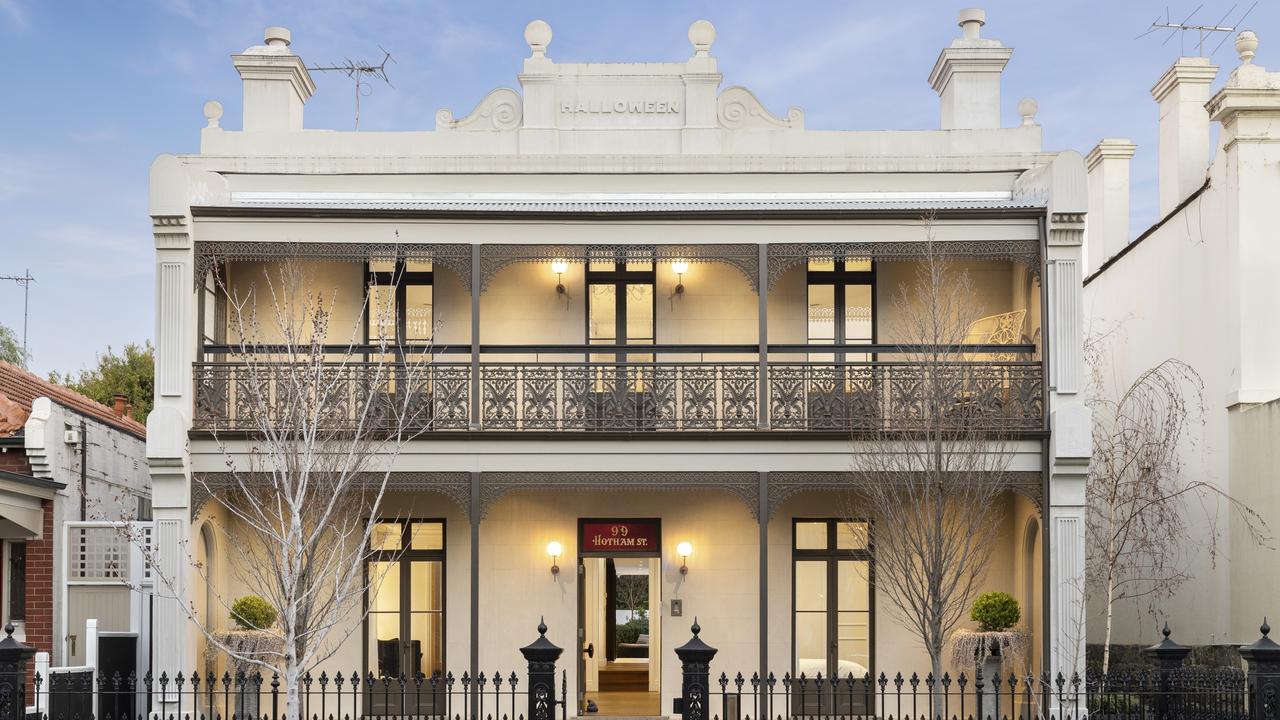
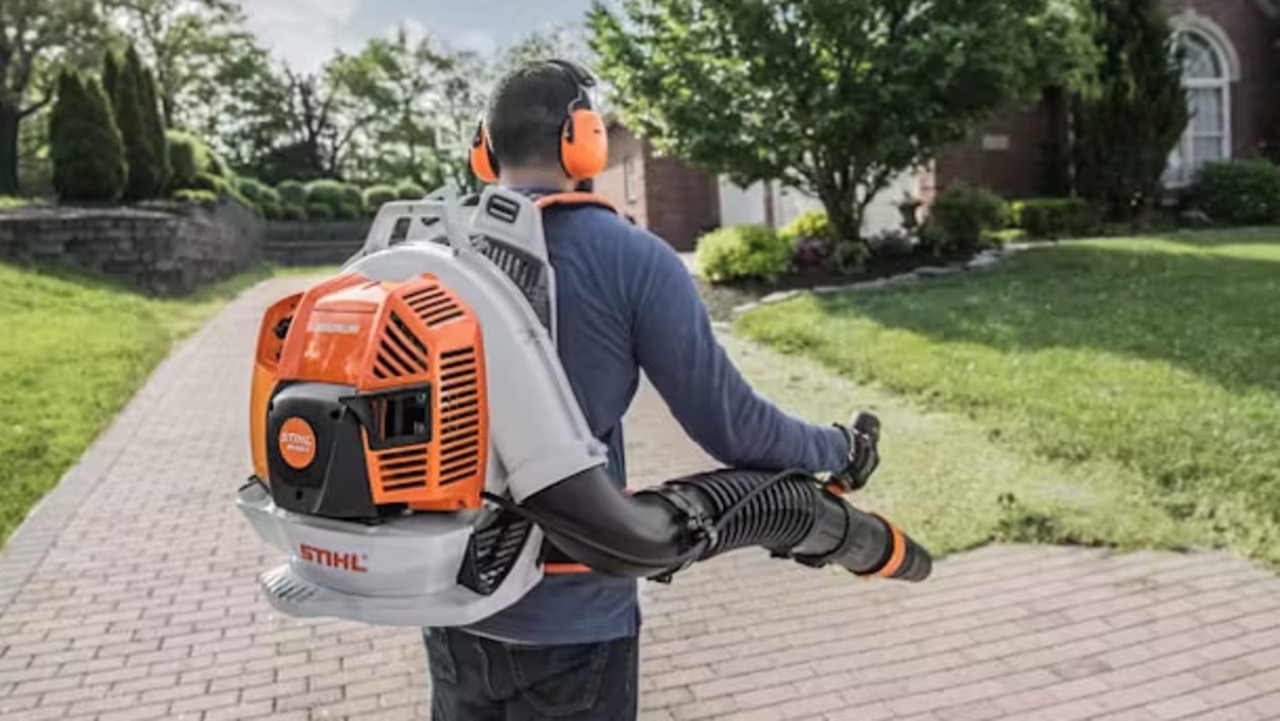
The people are fighting back against the jingle jangle of the one-arm bandits and the larrikin movement is widening, most gloriously. Locals are taking umbrage at the naked greed infesting many of our clubs; tight-knit communities are rallying and saying enough, please. They’re seizing back the rooms devoid of natural light where the dead-eyed perch, robotically feeding the monster administering its carefully calibrated disappointments.